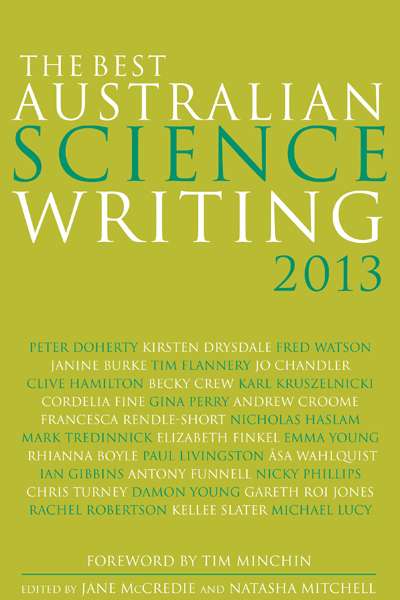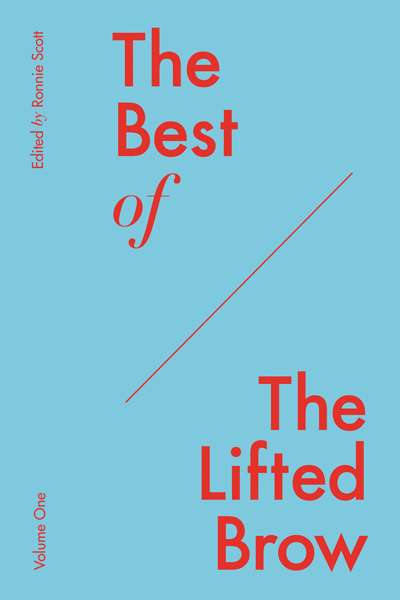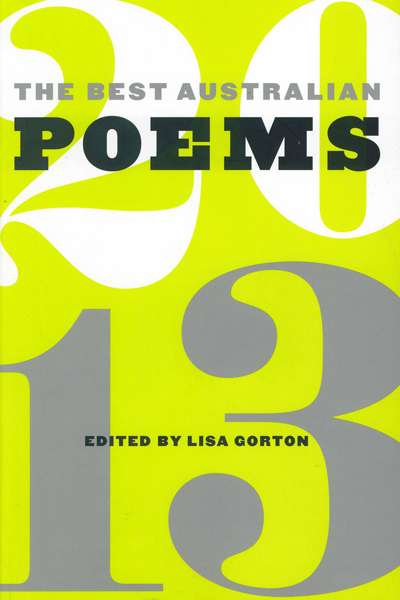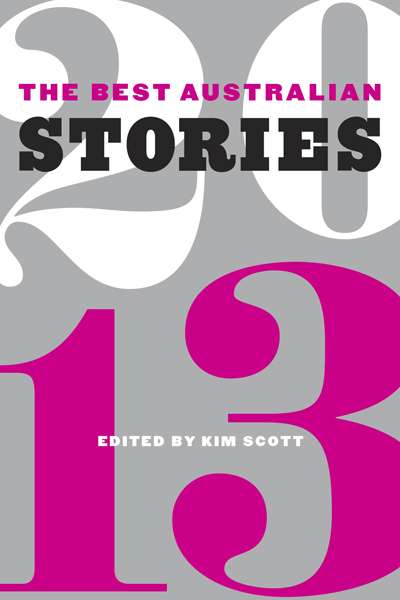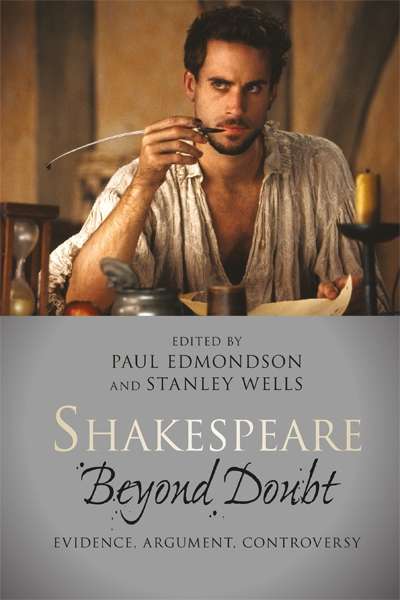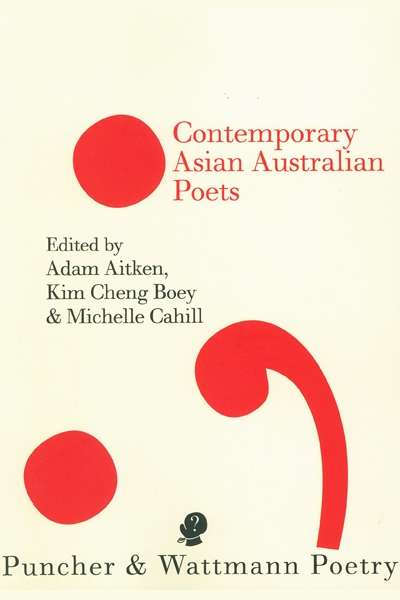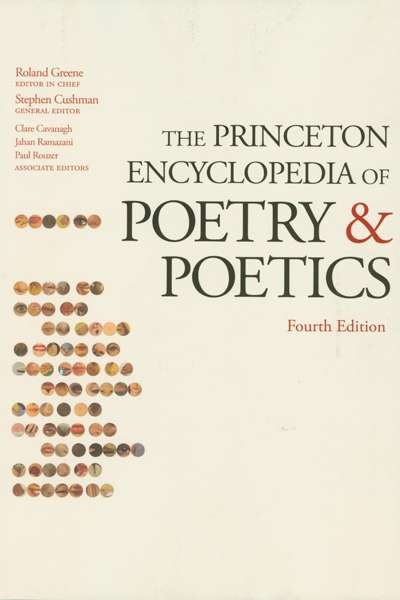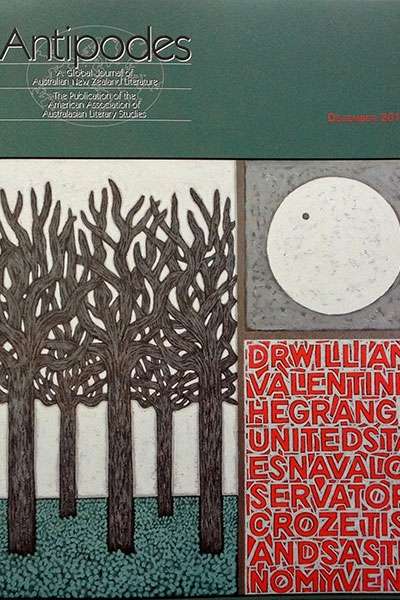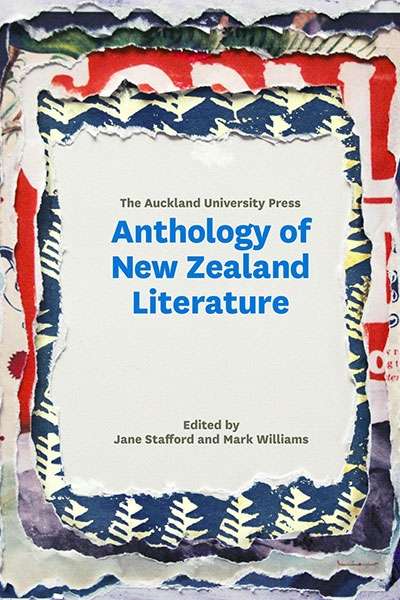Anthology
The Best Australian Science Writing 2013 edited by Jane McCredie and Natasha Mitchell
by Danielle Clode •
The Best of the Lifted Brow: Volume One edited by Ronnie Scott
by Dion Kagan •
The Best Australian Poems 2013 edited by Lisa Gorton & Now You Shall Know by Hunter Writers Centre
by Peter Kenneally •
Shakespeare Beyond Doubt: Evidence, argument, controversy edited by Paul Edmondson and Stanley Wells
by Ian Donaldson •
Contemporary Asian Australian Poets edited by Adam Aitken, Kim Cheng Boey, and Michelle Cahill
by John Kinsella •
The Princeton Encyclopedia of Poetry and Poetics, Fourth Edition edited by Roland Greene et al.
by David McCooey •
Anthology films are expected to be uneven; in a way, the unevenness is the point. With no less than eighteen directors on board, this adaptation of Tim Winton’s short story collection The Turning (2004) resembles an epic round of the surrealist game Exquisite Corpse, in which players separately draw parts of a human figure on a sheet of paper which is then unfolded to reveal the bizarre whole.
... (read more)Antipodes: A Global Journal of Australian/New Zealand Literature, Vol. 26, No. 2 edited by Nicholas Birns
by Cassandra Atherton •
The Auckland University Press Anthology of New Zealand Literature edited by Jane Stafford and Mark Williams
by Brian Matthews •


